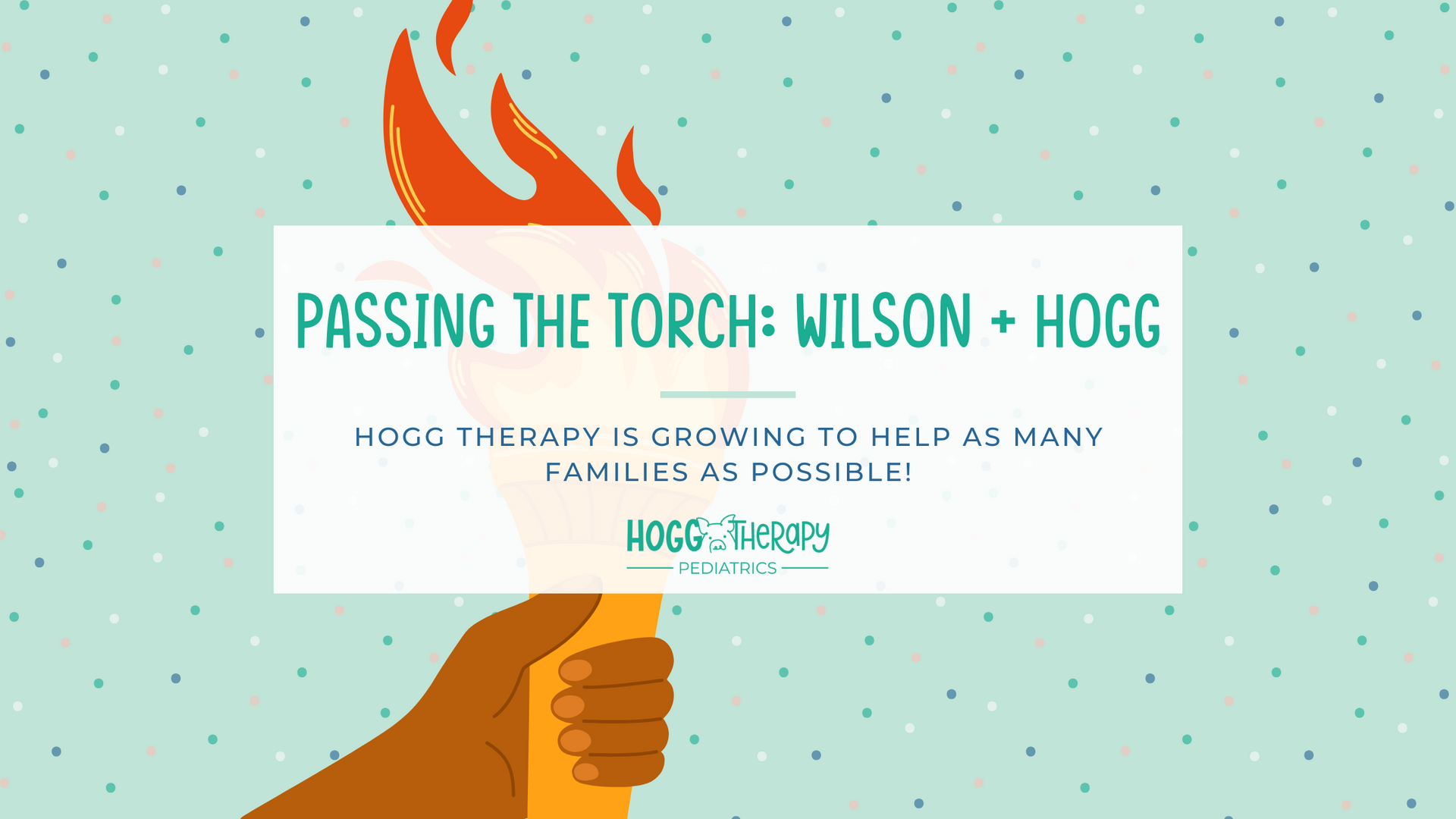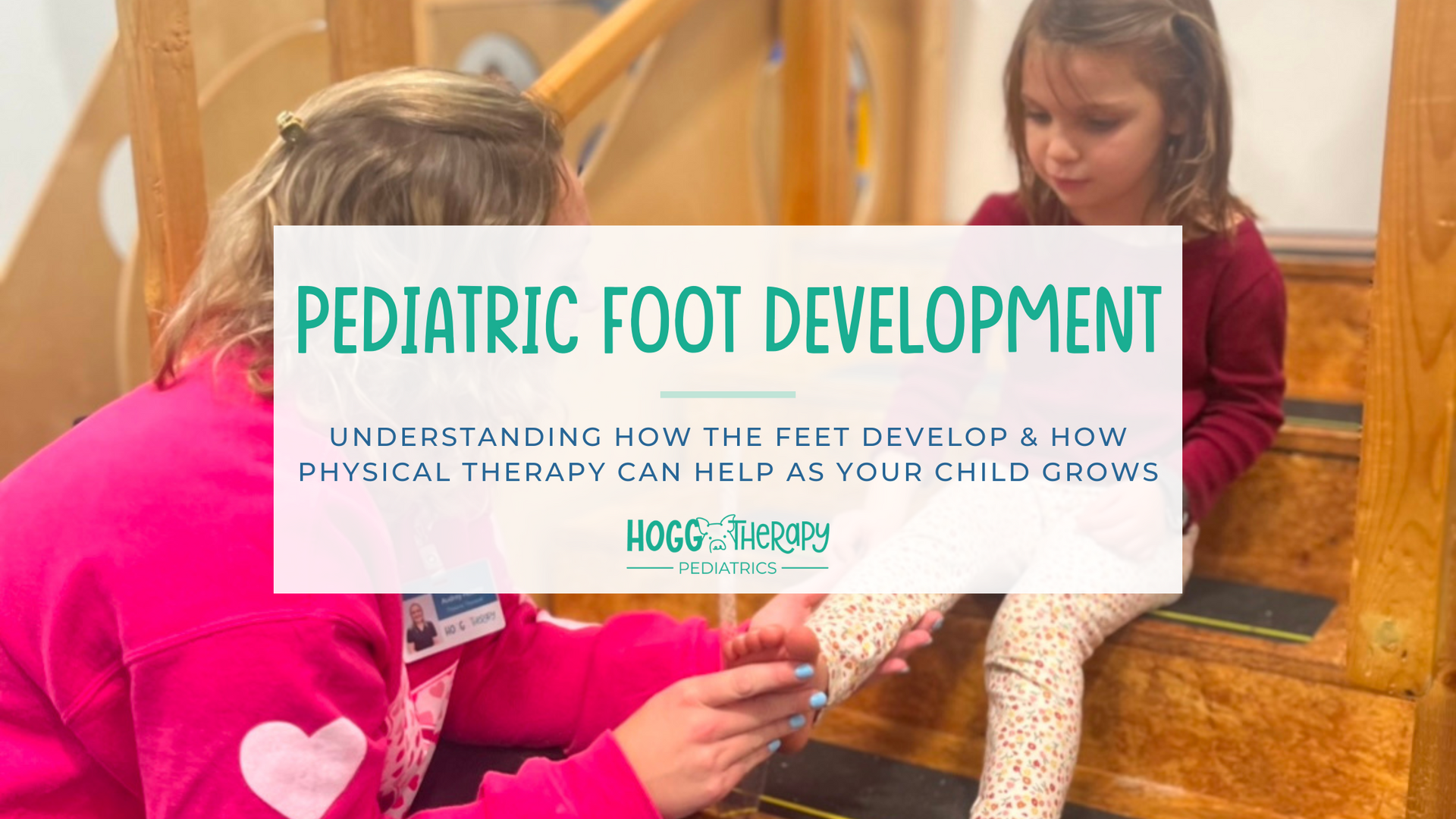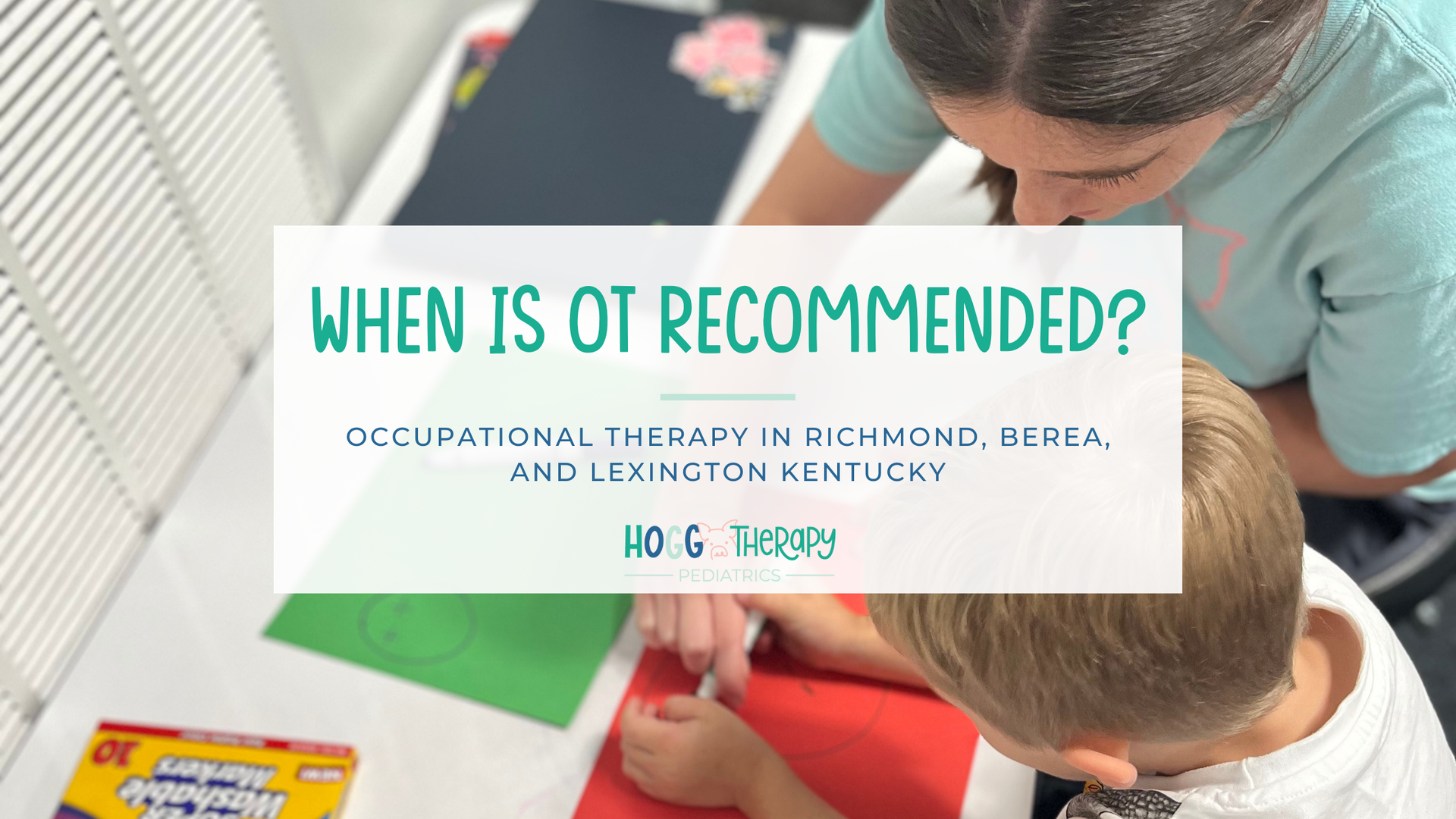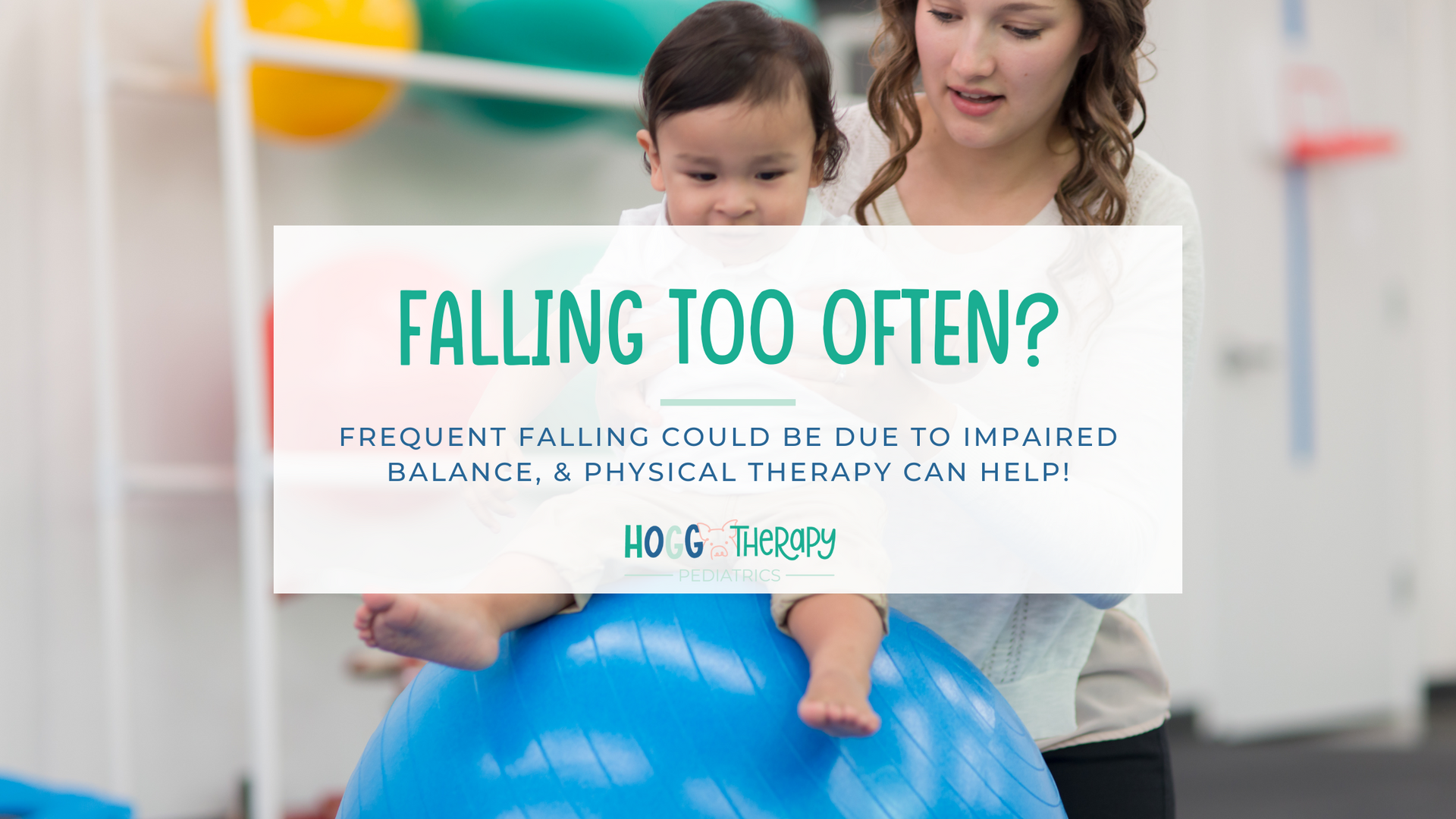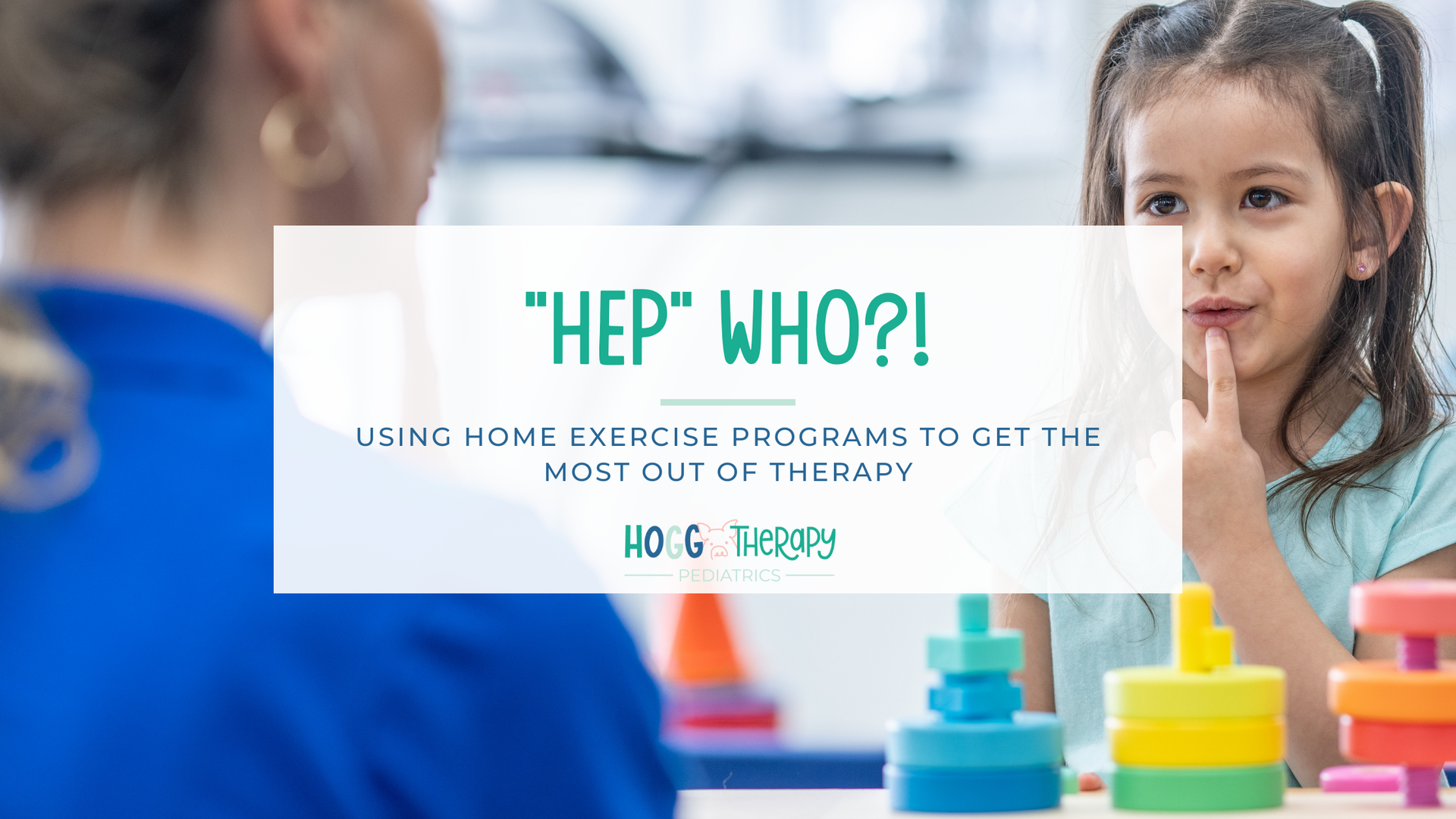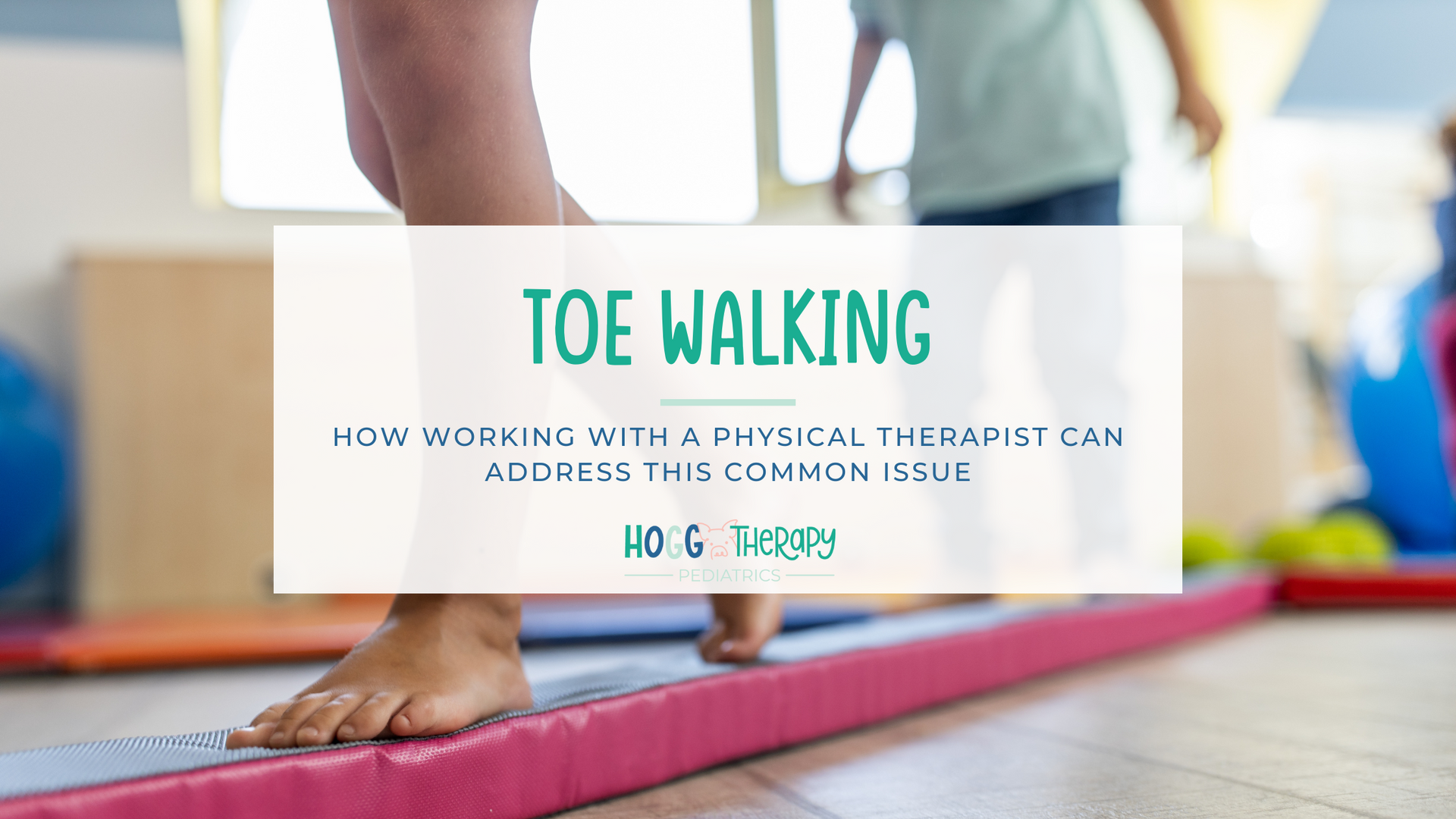Playing With Your Newborn: How to Support Your Baby's Language Development
By: Martina Henderson

Have you ever wondered, "Is it too early to work on language skills with my infant?” If you have, I’m here to tell you that the answer is most definitely, “NO!” From a very early age in infancy, babies are taking in all kinds of information and new environmental stimuli, and they are learning all kinds of things about the world that they are now living in. This includes language that they are experiencing from family members! If you are curious as to how you can target language skills with infants, please keep reading!
Talking to your child
Okay, I know that this sounds like common sense, but this is one of the best ways that you can build foundational language skills in your little one. Speaking to them about what you are doing in daily routines (i.e., washing the dishes, doing the laundry, talking about what you are doing when playing with simple toys) is a great way for them to learn vocabulary in relation to tasks completed at home. Up until ~10 months of age, children are taking in so many different sounds that they are hearing. Even sounds that are produced in different languages! This is one of the reasons that it is so important for you to speak to your child frequently and clearly; it helps them to discern which speech sounds they are going to be using frequently. Research also shows that “parentese” can be engaging for babies as well. When using parentese language, we use a higher pitch and longer, more drawn-out sounds. We can also join gestures or signs with our words so that children begin to associate gestures/signs with communication as well!
Read books with your child
From a very early age, you can start to read books to children. Pick books that have simple, age-appropriate language and bright colors/pictures. When reading to your child, you can point to specific pictures and work on identifying objects. With a farm book, for example, you could work on identifying cow, pig, and sheep, as well as associating the animal noises with each, “moo,” “oink,” and “baaa.” You could complete the same activity with a book about transportation, and imitate different car or train noises, such as “vroom vroom” or “choo choo.” This is not only going to expose your child to language, but it can target imitative ability with different sounds as well.
Singing songs with your child
Much like reading books and using parentese for communicating, implementing music into language activities can be extremely engaging for children at young ages. Singing songs with your little one can expose them to language which is repetitive and easy to follow along with. You could sing songs such as “Twinkle Twinkle Little Star” or “Old McDonald Had a Farm.” These songs have repetitive language which is easier for babies to attend to and easier for older children to attempt to imitate. Not to mention, you are building great social/emotional connections with your child when you are spending quality time singing songs with them! Win-win 🙂
I hope that this is helpful in starting your language journey with your little one. I have provided a bulleted list below of approximate ages when you will notice different types of babbling, protowords, and true words. I hope that this information is helpful. As always, if there are questions/concerns, please feel free to contact Hogg Therapy Pediatrics at 859-353-3666. We are happy to help!
- Phonation: 0-2 months
- Sounds mostly in relation to feeding, digestion, and reflexive cries
- Cooing: 2-4 months
- “Coo” and “goo” with distinct /k/ and /g/ sounds and more vowel-like productions
- Expansion: 4-6 months
- Starting to experiment with their voice
- Might notice blowing raspberries or making different sounds with their lips and tongue
- Canonical babbling: 6-10 months
- “Mamamama”
- Variegated babbling: 7-11 months
- “Maba pama” - sounds begin to vary within babbling
- Expressive jargon: 9-14 months
- Like variegated babbling above but they are starting to add intonation and prosody like they are participating in an adult conversation
- Protowords: 10-18 months
- Not real words but are used consistently to mean the same thing every time
- Ex: “wawa” for “water” or “baba” for “bottle”
- True words: ~12 months
- First real words emerging here
- The key here is intention! For example, the child sees dad enter the room, and says “Dada”

